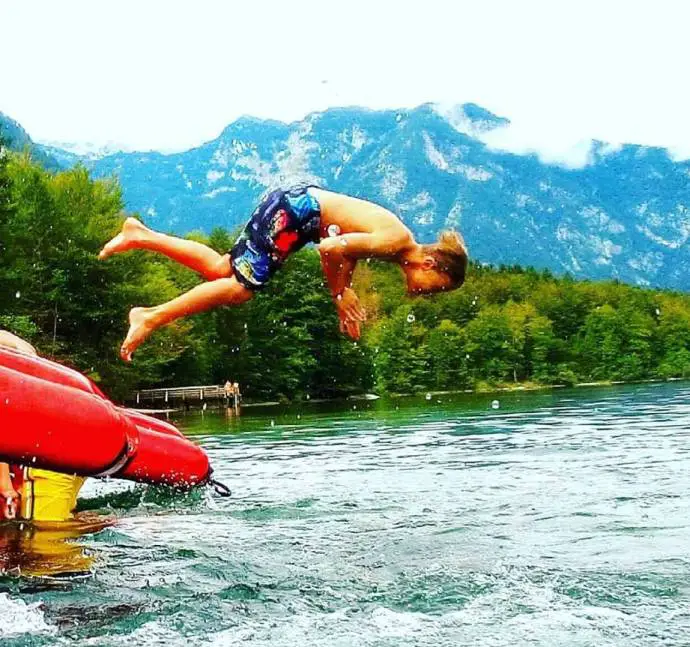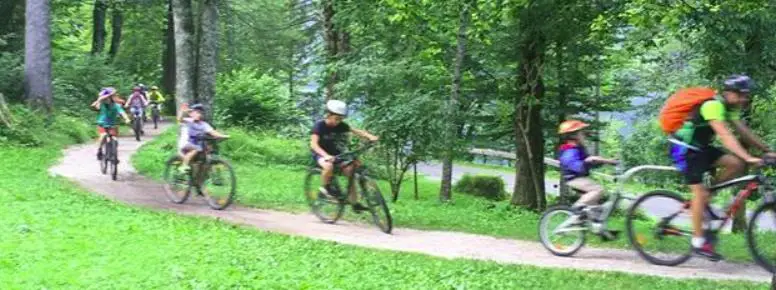Slovenia’s Foreign Entrepreneurs: Steve Hartley, Explorer Summer Kids' Camps An interview with the Bohinj-based camp director from Australia.
January 19, 2018
Explorer Summer Kids’ Camps offer children summer camps in the beautiful setting of Bohinj, where smartphones are banned, and the participants explore and develop their abilities, skills and interests in nature, working together and meeting new challenges with others. We spoke to Steve Hartley, the director, about his vision for the camps and the issues he faces doing business in Slovenia.
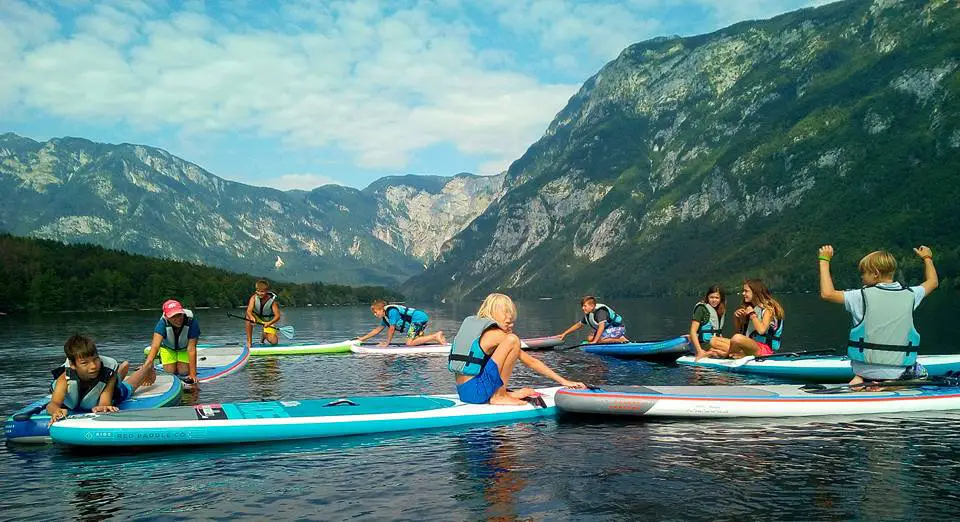
How did you end up here, and what’s the idea behind your business?
I came to Slovenia and fell in love with the country after meeting my future wife while travelling, and after that I never left. Then, having lived and worked here in the field of education for over 10 years a few areas of concern became increasingly clear when it came to the future of youth today.
In recent times experts have come to the conclusion that the stress levels of modern children are the same as psychiatric patients of the 1950s. Adding to this, nearly 20% of young people in the EU are unemployed, with many employers believing it’s because of a lack of skills.
We created Explorer Summer Kids’ Camps for children aged 6 – 17 to combat these problems by growing campers’ emotional intelligence, all while having an amazing summer experience. We focus on building real-life skills, such as collaboration, creativity, critical thinking and communication through a fun and engaging outdoor summer program that is completely run by native English-speaking staff.
It’s really a unique opportunity for children in this region to make friends from all over the world, with campers coming from more than 16 different countries. Moreover, with our 30+ outdoor activities, international campers and staff, well-planned approach to increasing emotional intelligence and teaching kids how to deal with stress, all in an incredible location and with an unbelievably innovative camp team, perhaps the best way to sum up the experience is in our camp’s tagline: “When’s the last time YOU did something for the first time?”.
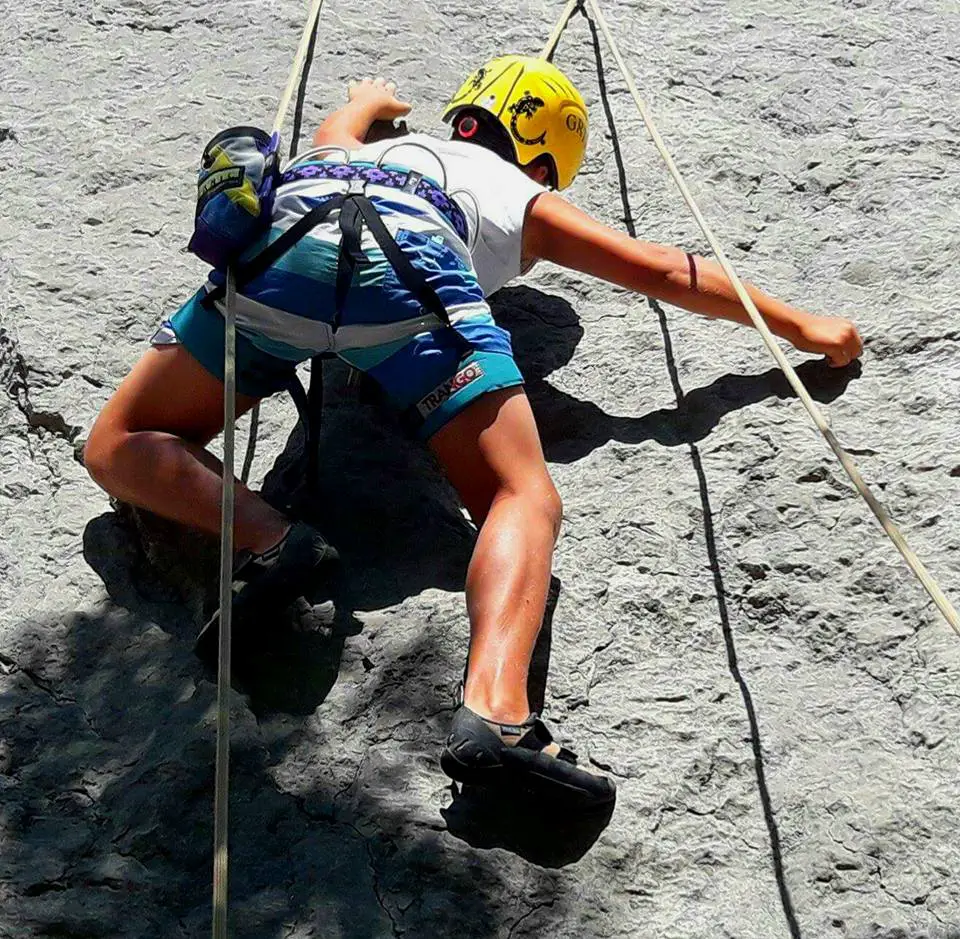
Tell us about some of the differences between your expectations of running a business in Slovenia and the reality.
I always believed there would be better support out here for start-ups and new entrepreneurs, especially when the company was connected to tourism. However, at times it seemed as though most people preferred to work against us rather than support something that could in time bring more business to all of them. I also hoped to encounter a more connected support system with regard to small businesses working in tourism, where companies would connect and work together for the greater good. But again, so far I haven’t come across this…
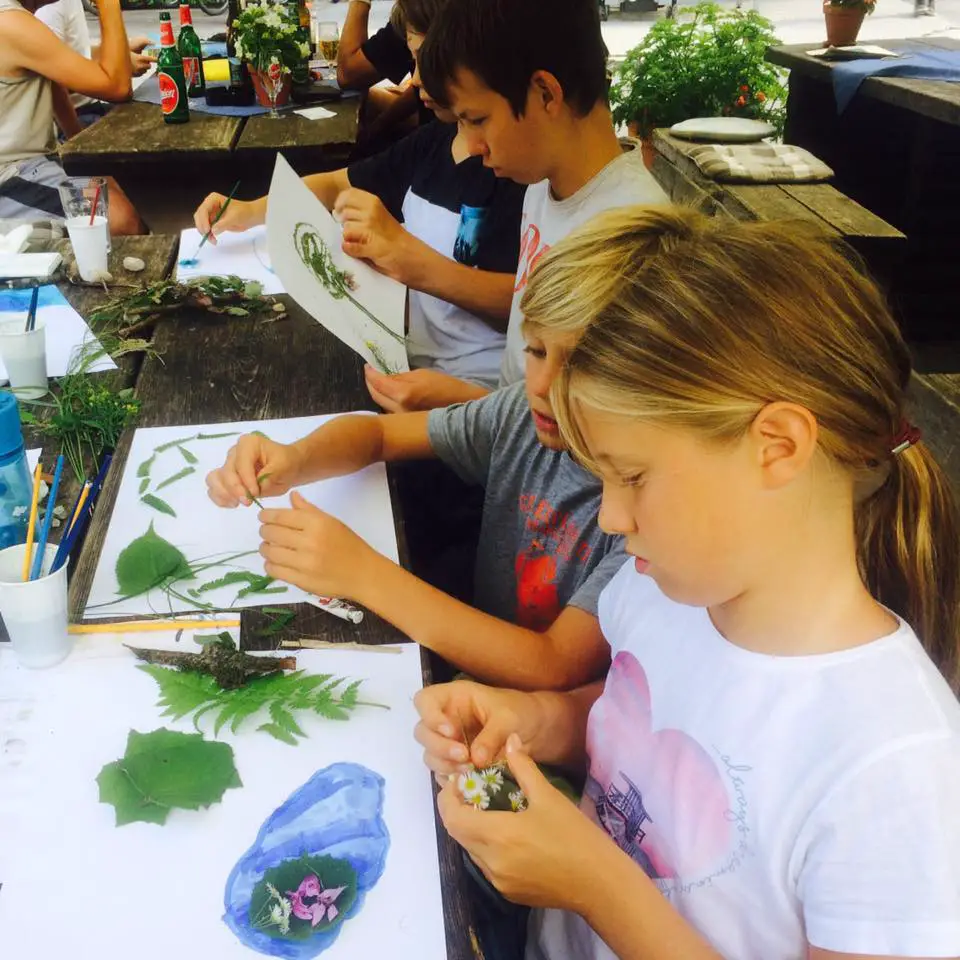
What bureaucratic issues have you encountered and how did you overcome them?
It’s clear that doing business in Slovenia involves a lot of bureaucracy, and we’ve certainly encountered the same problems as others. Luckily, working hand-in-hand with a Slovene entrepreneur helped us avoid many of the usual obstacles. I would say to someone thinking about starting a business here. do your research and find people who have been there before, as experience in your chosen area is vital. Getting clear answers from the government is difficult, so always double or triple check any information or guidelines with different departments within the government, and also ask experts, if possible.
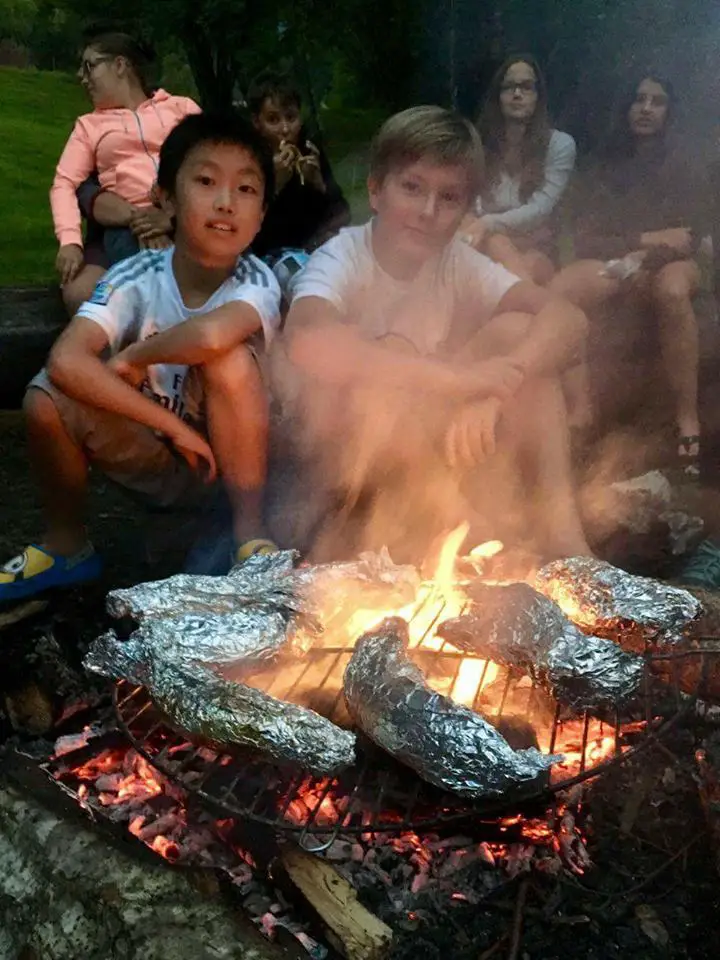
How is your business perceived in the Slovenian market?
We’re starting our third year in 2018, and by then we will have doubled the number of camps we have on offer when compared to the first, and more than tripled the number of children that attend. Interestingly enough though, a lot of the campers that come every year are actually non-Slovene, whether they be Russian, Ukrainian, Austrian, German, Chinese, British, American, Australian, or whatever. So clearly we’re doing something right to be growing in this way, and we believe this trend will only continue. That said, we’re still working on being truly accepted within the Slovene market.
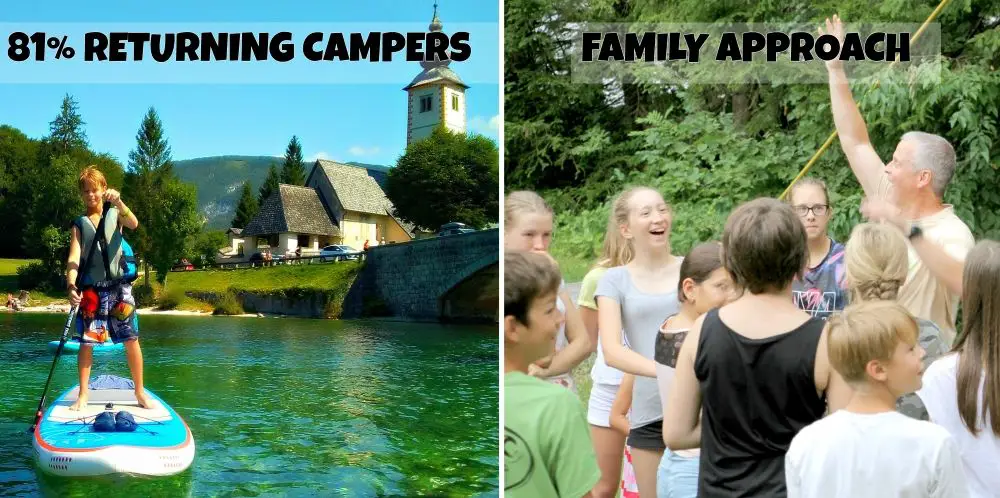
What were the opinions of your family, friends and community, were they supportive?
They were all extremely supportive of what I’m doing. In fact, my wife is quite hands-on in many aspects of our camps, especially when it comes to communication, and even the bureaucratic side of things.
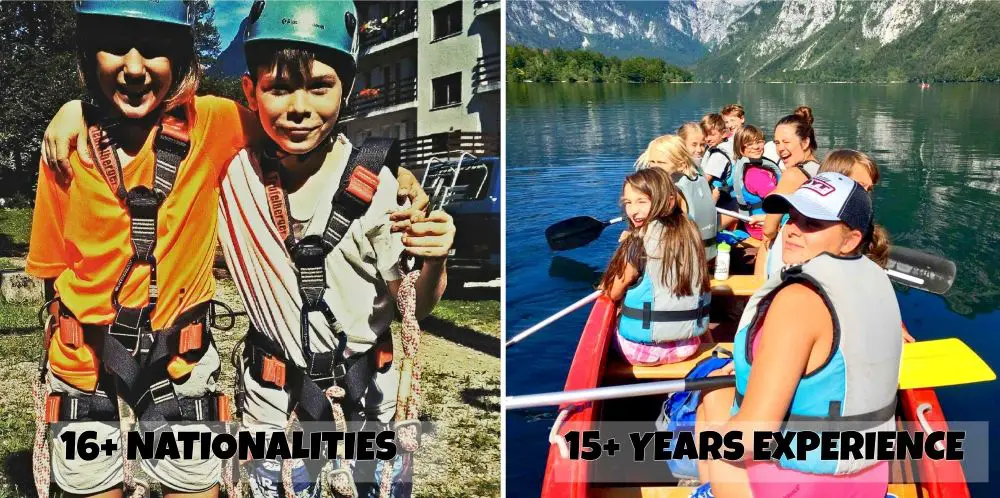
What are some of the greatest challenges you have faced in business in Slovenia?
Recent studies have shown that emotional intelligence (EQ) is actually a better of indicator of success than IQ. And this is where our greatest challenge lies. The general consensus in this region, especially within Slovenia, is that a higher IQ is the most important goal in a child’s life, whereas our camps focus more on EQ.
The teaching of hard skills within the education system is common not only in this region, but around the world. Moreover, we can also see this approach at home and even on the sports field.
At Explorer Camps we focus on developing soft skills based on the 21st Century Learning approach created in the US, used by many of the states and put into practice by their best summer camps.
But this is largely an alien concept here, so transferring it directly from the US to Slovenia is nigh impossible. Just because it works so well in the US, doesn’t mean you can simply copy and paste it into European society and see it do well.
The first challenge has thus firstly to keep the core principals being used in the US, but slightly adjust the approach to fit the European market. Then to educate the general public about our approach and why it’s vital for children’s growth in the 21st Century. It’s been a long but enjoyable process, helping people see the benefits of our approach and camp.
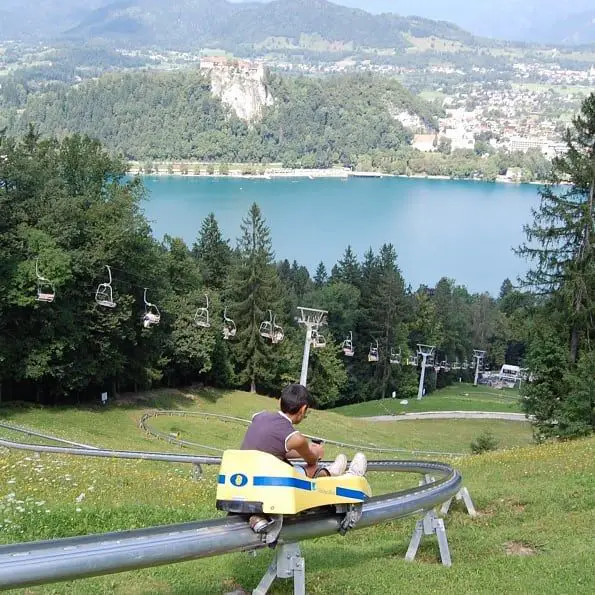
If you knew then, what you know now, would you have come?
Without a doubt. If anything, when it comes to business I would’ve started these camps much earlier.
What are three things you love about Slovenia?
To begin with, the closeness to nature which goes hand-in-hand with having the ability and time to enjoy it. Adding to that, even though living in Slovenia can have its financial difficulties, it’s definitely a place where you can enjoy your life in relative peace and harmony. Finally, I’d also add Slovenia’s proximity to other countries as being a massive bonus when it comes to both the personal and business sides of life.
What are three things you would like to see improved in the business climate in Slovenia?
OK, all business people will talk about better support and understanding of the different economic measures and guidelines that the government puts in place. Sometimes it can be quite difficult knowing which government official to believe, considering that all of them seem to have a different answer for the same question.
However, personally I think it would be wonderful seeing a more connected infrastructure when it comes to tourism, as there seems to be so many missed opportunities because small businesses aren’t working together.
Ideally, it’d also be wonderful to see businesses educate the general public more as to the importance of tourism to Slovenia, and how each of us plays an important role in this. Keeping tourists happy and attracting more isn’t only down to those working in the tourism sector, but should be a concern of everyone who comes into touch with visitors, from the bus driver, to the baker, the shop assistant and the teacher. We’re all responsible for making this country better.
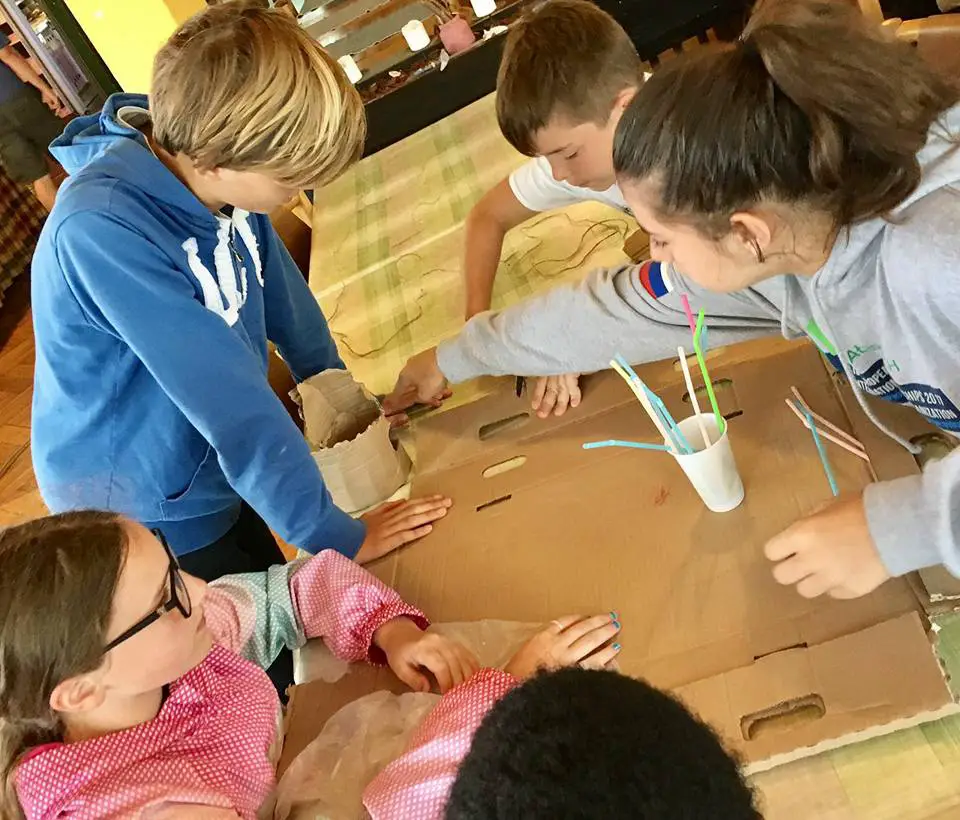
How is it working with Slovenians in terms of business mentality?
Personally, I have learnt a lot from working with them, and consider myself lucky to have created this company with a Slovene while working closely with another local firm, Hostel pod Voglom at Lake Bohinj. They have been extremely good examples of a positive approach to working, and their support helped improve these camps immeasurably.
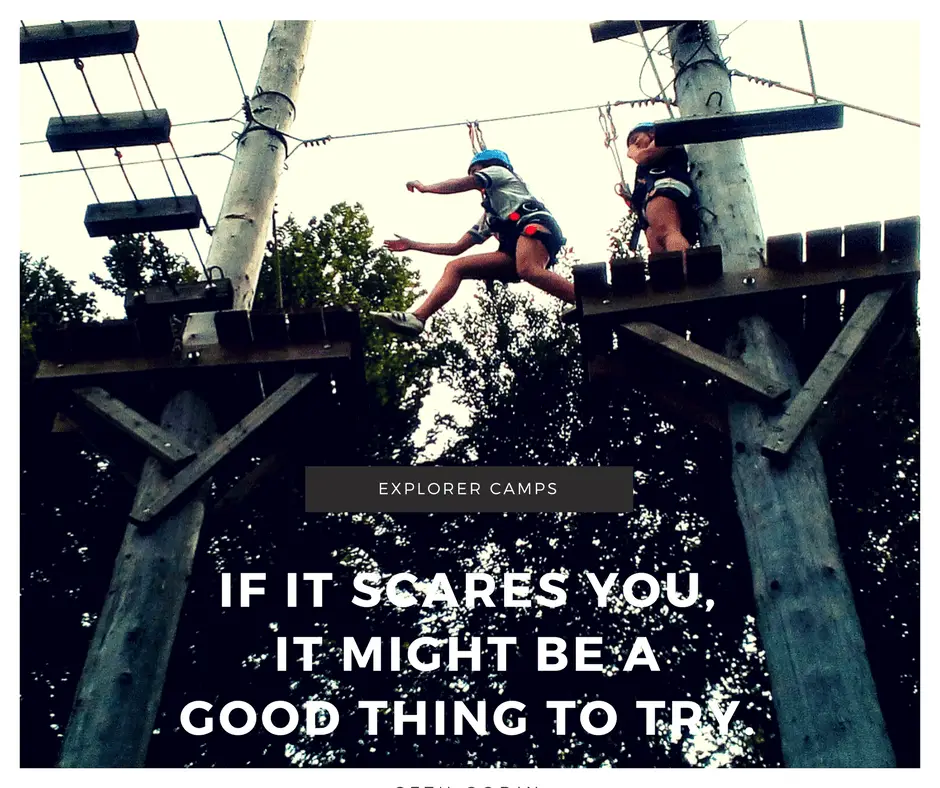
Any advice for foreign entrepreneurs thinking of coming to Slovenia?
The Slovenian market may seem somewhat untapped, but that doesn’t make it easy to step into. It takes a lot of patience, research and damned hard work to be able to get a foot in the door, and even then you’re not guaranteed success. Don’t make the error of presuming something that is successful in the US, Britain, Australia or wherever means that it’ll automatically be a success here. It just doesn’t work that way. Understand your Slovene audience and adjust accordingly.
If you’d like to learn more about Explorer Summer Kids’ Camps, then visit their website (warning, auto-playing music) or Facebook page.

